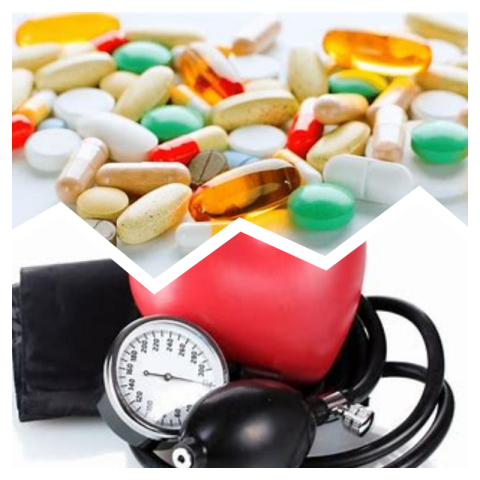Higher carotenoids blood concentration reduce liver disease
Objectives:
Due to the high incidence of liver disease and the severity of adverse outcomes, liver disease has become a serious public health problem, bringing a huge disease burden to individuals, families and society. Most studies have shown significant differences in serum carotenoid content and dietary carotenoid intake between liver disease patients and non-liver disease patients, but some studies have reported contrary results.Therefore, this review article has been conducted.
Do higher serum concentrations of carotenoids (such as, α-carotene, β-carotene, lycopene, cryptoxanthin and lutein/zeaxanthin) or higher dietary intakes of carotenoids reduces the risk of liver disease?
Study design:
This review article included 3 RCT studies, 6 cohort studies, 11 case-control studies, 9 cross-sectional studies and 1 RCT-combined cross-sectional study.
The Egger test showed no publication bias.
Results and conclusions:
The investigators found pooled meta-analysis showed that higher serum α-carotene [SMD = -0.58, 95% CI = -0.83 to -0.32, p < 0.001], β-carotene [SMD = -0.81, 95% CI = -1.13 to -0.49, p < 0.001] and lycopene [SMD = -1.06, 95% CI = -1.74 to -0.38, p < 0.001] significantly reduced the risk and severity of liver disease.
The investigators found, however, no significant difference was observed between serum β-cryptoxanthin [SMD = 0.02, 95% CI = -0.41 to 0.45, p = 0.92] and lutein/zeaxanthin [SMD = 0.62, 95% CI = -1.20 to 2.45, p = 0.502] and the risk and severity of liver disease.
The investigators found dietary β-carotene intake [SMD = -0.22, 95% CI = -0.31 to -0.13, p < 0.001] significantly reduced the risk of liver disease.
The investigators found an intake of more than 6 mg of carotenoids on an energy-restricted diet can effectively alleviate the symptoms of NAFLD.
The investigators concluded that higher serum concentrations of α-carotene, β-carotene and lycopene reduce risk of liver disease. Meanwhile, dietary intake of β-carotene reduces the incidence of liver disease.
Original title:
A systematic review of dietary and circulating carotenoids and liver disease by Hu B, Sui J, […], Xia H.
Link:
https://pubmed.ncbi.nlm.nih.gov/39229651/
Additional information of El Mondo:
Find more information/studies on cohort studies/significantly, carotenoids and chronic disease right here.
Nonalcoholic fatty liver disease (NAFLD) is one of the most common causes of chronic liver disease worldwide.
